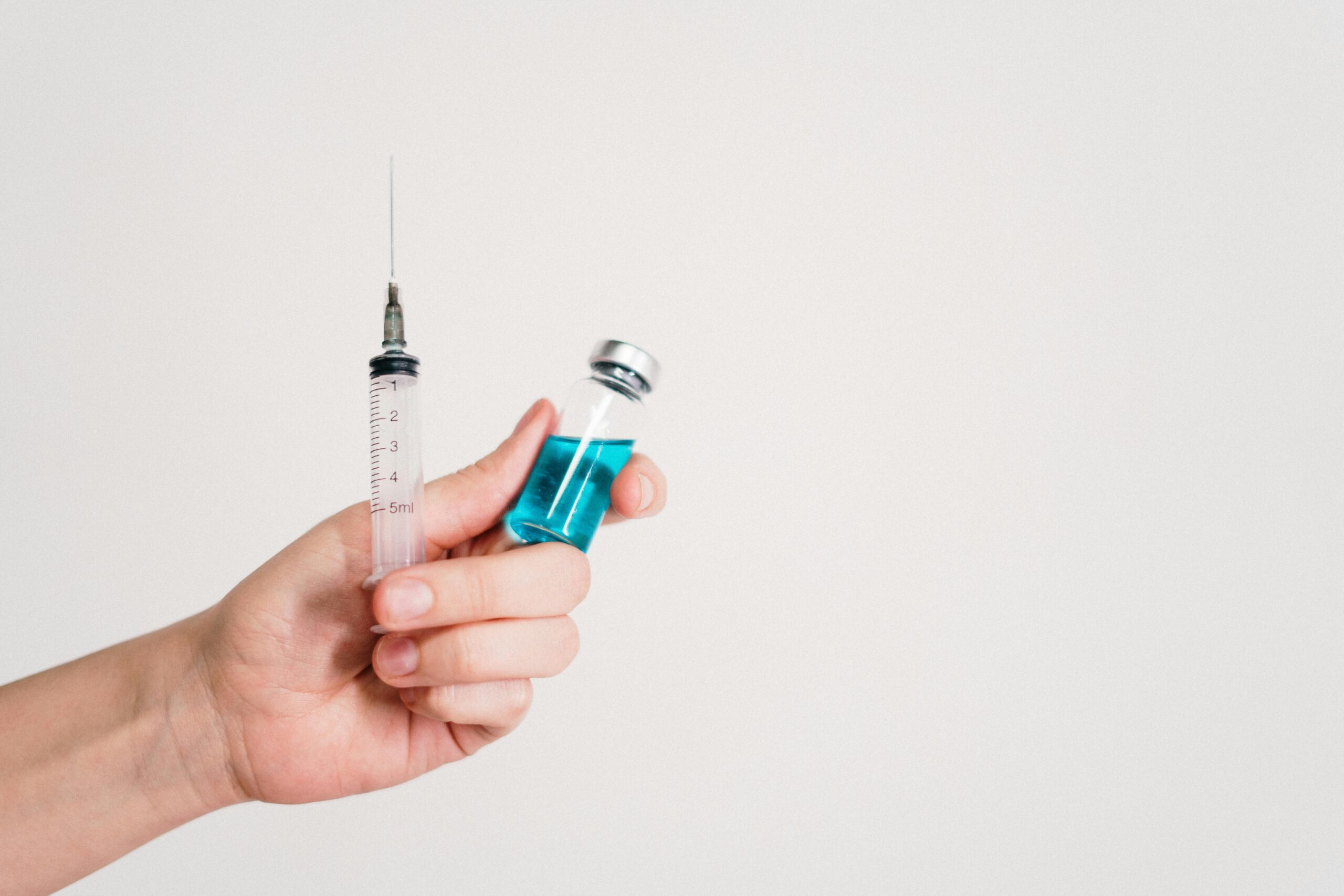HPV Vaccine: Are You Up to Date on the Latest Recommendations?

The human papillomavirus (HPV) is one of the most common sexually transmitted infections globally. While many HPV infections are harmless and resolve on their own, certain strains can lead to serious health issues such as cervical, anal, throat cancers, and genital warts. Fortunately, the HPV vaccine offers effective protection against these high-risk strains. But what are the latest recommendations regarding this vaccine? Let’s explore.
What is the HPV Vaccine?
The HPV vaccine is designed to protect against the types of HPV that most commonly cause cancer and genital warts. There are currently three vaccines available: Gardasil, Gardasil 9, and Cervarix. Gardasil 9, the most widely used, protects against nine different HPV types, including those responsible for the majority of HPV-related cancers.
Who Should Get the HPV Vaccine?
The HPV vaccine is recommended for both males and females to protect against HPV-related cancers and other conditions.
- Adolescents (Ages 9-12)
- Primary Target Age: The Centers for Disease Control and Prevention (CDC) recommends that all boys and girls receive the HPV vaccine at ages 11 or 12, though it can be started as early as age 9. Vaccinating at this age is ideal because it ensures protection before potential exposure to the virus.
- Dosage: Typically, only two doses are needed if the vaccine series is started before the 15th birthday, spaced six to twelve months apart.
- Teens and Young Adults (Ages 13-26)
- Catch-Up Vaccination: For those who did not receive the vaccine at the recommended age, catch-up vaccination is advised up to age 26. However, those aged 15 or older at the start of vaccination require three doses.
- Efficacy: The vaccine is most effective when administered before exposure to HPV, but it can still provide protection for those who have not been fully vaccinated.
- Adults (Ages 27-45)
- Individual Decision: The CDC has expanded guidelines to include adults aged 27 to 45 who may benefit from the vaccine, particularly if they are at risk of new HPV infections. In this age group, the decision to vaccinate should be based on a discussion between the patient and healthcare provider, considering individual risks and potential benefits.
Why is the HPV Vaccine Important?
- Cancer Prevention: The primary goal of the HPV vaccine is to prevent cancers caused by HPV, including cervical, anal, oropharyngeal (throat), penile, vulvar, and vaginal cancers. Studies have shown a significant reduction in the incidence of these cancers among vaccinated populations.
- Reduction in Genital Warts: The vaccine also provides protection against the HPV strains that cause genital warts, a common and uncomfortable condition.
- Herd Immunity: Widespread vaccination helps create herd immunity, reducing the overall prevalence of HPV in the population and providing indirect protection to those who are unvaccinated.
Latest Recommendations and Updates
- Expanded Age Range: As of the latest updates, the HPV vaccine is now recommended for people up to age 45, though it is most beneficial when given at a younger age.
- Gender-Neutral Vaccination: The emphasis on vaccinating both boys and girls is a critical shift in public health policy. Initially targeted at girls to prevent cervical cancer, the vaccine is now equally recommended for boys to prevent other HPV-related cancers and to contribute to herd immunity.
Common Questions and Concerns
- Is the Vaccine Safe? Yes, the HPV vaccine has been extensively studied and has a strong safety record. Side effects are generally mild, including pain at the injection site, headache, and mild fever.
- Can the Vaccine Cause HPV? No, the HPV vaccine cannot cause HPV infection. It is made from virus-like particles that are not infectious.
Conclusion
The HPV vaccine is a powerful tool in the fight against cancer and other HPV-related diseases. Staying informed about the latest recommendations ensures that you and your loved ones are protected. Whether you’re considering vaccination for your child or yourself, it’s important to discuss your options with a healthcare provider to make the best decision for your health.
